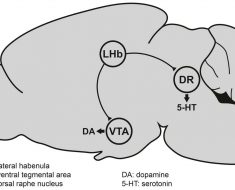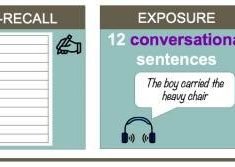Current United States Preventive Service Task Force (USPSTF) guidelines call for screening all Americans between the ages of 40 and 75 years to determine eligibility for statins, a class of cholesterol-lowering medications. To screen patients, physicians calculate a 10-year atherosclerotic cardiovascular disease (ASCVD) risk score for experiencing a heart attack or stroke, taking into account traditional risk factors such as age, smoking, high blood pressure, and cholesterol. Under the USPSTF guidelines, individuals with high 10-year ASCVD risk score (10 percent or higher) are recommended to begin taking statins; however, the decision about whether or not to prescribe statins in individuals with scores in the intermediate range (5 percent to 10 percent) is less clear.
Recently, a genetic test – the cardiovascular genetic risk score – has become available, giving physicians another tool when considering which of their intermediate risk patients should be prescribed these drugs. The goal of this test is to better stratify those at highest risk for heart attack, but research has called the utility of this test into question.
Jamie Jarmul, Ph.D., led a study that found that using this genetic test is not a cost-effective means for deciding whether to initiate statin therapy. The study was published in Circulation: Cardiovascular Quality and Outcomes.
Jarmul’s work coincides with other recent research – including from UNC’s Jonathan Berg, MD, Ph.D. – questioning the utility of some genetic screenings.
“I think we are at a key point in the ongoing conversation about precision medicine and how to use these new technologies where we have to really consider how these tests apply directly to patient care,” Jarmul said.
Jarmul specifically looked at the cardiovascular genetic risk score, a test meant to predict a patient’s genetic predisposition for experiencing a heart attack. Some primary care physicians and cardiologists have begun ordering this test when the decision to initiate statins is unclear, such as for patients with an intermediate 10-year ASCVD risk score. Jarmul’s research, however, shows that, for most people in the intermediate risk range, initiating statin therapy without any additional testing provides far more value than basing the decision on their genetic risk score.
Jarmul’s research goes on to show that how a patient feels about taking a statin every day, as well as the cost of the statin medication, are the most important determinants of overall cost-effectiveness of the new technology.
Source: Read Full Article





